Lore of the California Vaquero by A.R. Rojas
$20.00
Product Description
An Alamar Classic Reissue
This is a collection of stories gathered from the vaqueros of California’s great central valley and the surrounding Sierras. The author, the late Arnold Rojas lived the life he described and remembers the ways of the vaquero like no other.
From the Introduction
Years have gone by since the last vaquero, Spanish horse and longhorn steer passed from the soil of California into the pages of history. Only memories of them remain with a few old men whose ranks are thinned year by year and whose tales of the old days are stilled as, one by one they leave us. In a little while these survivors of a day now gone forever will be gathered to their fathers and posterity could be without a record of the vaquero. Since the children of these men have failed to recognize the historical value of the recollections of the old people, a time could come with scholars would search in vain for accounts of lost legends, folklore and customs of this colorful period of California’s past, the saga of the vaquero.
Encouraged by James day of the Bakersfield Californian, I determined to avail myself of the opportunity he so kindly offered to publish my work in that newspaper. I set myself to gathering all the fragments of vaquero lore which still existed by seeking out the old timers, the survivors of the great cattle herds, and writing down their stories…..
paper back, photos and illustrations, 162 pgs.
About the Author
Arnold R. Rojas (1896 – 1988) or “Chief Rojas” as he was known, has the distinction of being the most celebrated chronicler of the life and lore of California’s Vaqueros. He did this in a series that he didn’t start publishing until he was into his mid-50s, his first, “The California Vaqueros” in 1953. Ultimately he would publish seven books over the years, the final one being, “Vaqueros and Buckaroos” in 1979. He wrote about what he knew and loved — the life and ways of the old California vaqueros — men he rode and worked with for over fifty years. Lucky for us, he wrote down the memories of all those years for as he said, “These are stories as seen through the eyes of old vaqueros, they are something of the splendor of those days, for there will never be another cattle ranching era in California that produced such men.”
His was a style of grace, never of anger. Of that fact, he wrote, “If I wrote in a lighter vein, it is because most vaqueros and buckaroos never took life too seriously. If what was written was pleasantry, it is because my experiences were pleasant. If I do not write of hatred, it is because I saw none.”
He was a voracious reader and yet never progressed beyond the third grade in formal education, rather he worked at what he knew – as a vaquero throughout the central part of California in and around the vast San Joaquin Valley. In his writing, he constantly asserted the importance of the quiet pride the vaquero took in his work. He would, I believe, be pleased today to see once again the vaquero of his beloved west is being remembered and respected for his fine ability with horses and cattle.
He was a true throwback, a man who showed respect for the old ways and for the viejos – the old ones. Additionally, he was an important figure in ethnic writing of the era and held an uncompromising pride in his heritage – his family coming to California in the 1820s from Sonora, Mexico. His books were part of the foundation of ethnic pride that was built upon in the tumultuous era of the 1960s. Arnold Rojas has found his place in history as an important literary contributor to the legacy of a region in the west where the horse and horsemen were king and the value of a man was placed in his character and competency, not what he carried in his pocket. Simply put, in Rojas the vaquero found their champion
1 review for Lore of the California Vaquero by A.R. Rojas
You must be logged in to post a review.
You may also like…
Related products
-
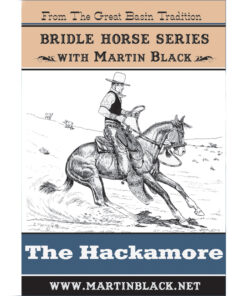
The Hackamore with Martin Black – Streaming
0 out of 5$49.95Brands:Martin BlackPremium content -
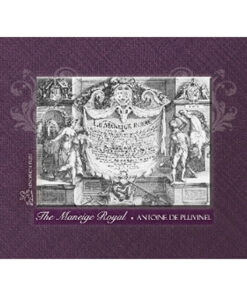
The Maneige Royal, or L’Instruction du Roy, de Pluvinel
0 out of 5$95.00 Add to cart -
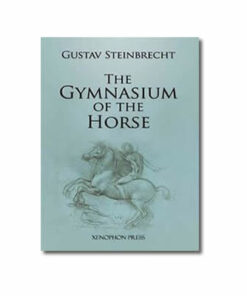
Gymnasium of the Horse by G. Steinbrecht
0 out of 5$39.95 Add to cart -
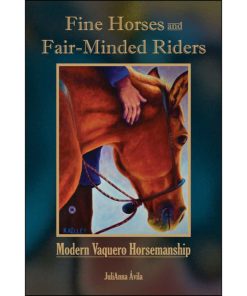
Fine Horses and Fair-Minded Riders Modern Vaquero Horsemanship By JuliAnna Ávila
0 out of 5$44.99 Add to cart -
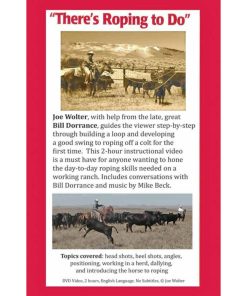
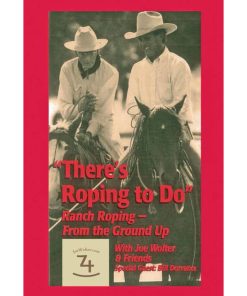
There’s Roping to Do Ranch Roping From the Ground Up – Streaming
0 out of 5$50.00Brands:Joe WolterPremium content

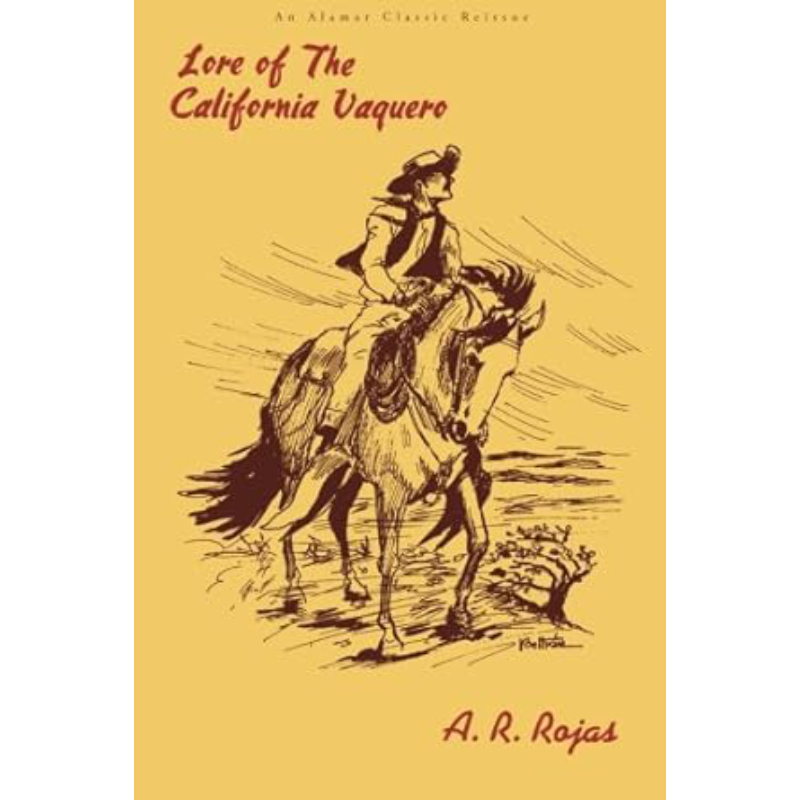

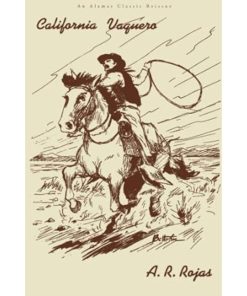
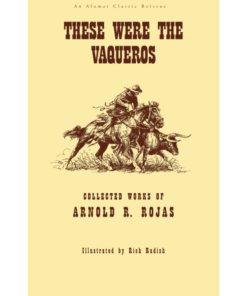

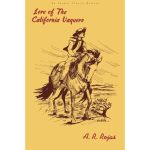
lazykw (verified owner) –
Arnold Rojas provides insight into many of the forgotten people who populated the Spanish way of life and horsemanship that is rarely taken into account nowadays. Each of his books illustrate Natural Horsemanship before the term existed, it’s a must read for all horse people.